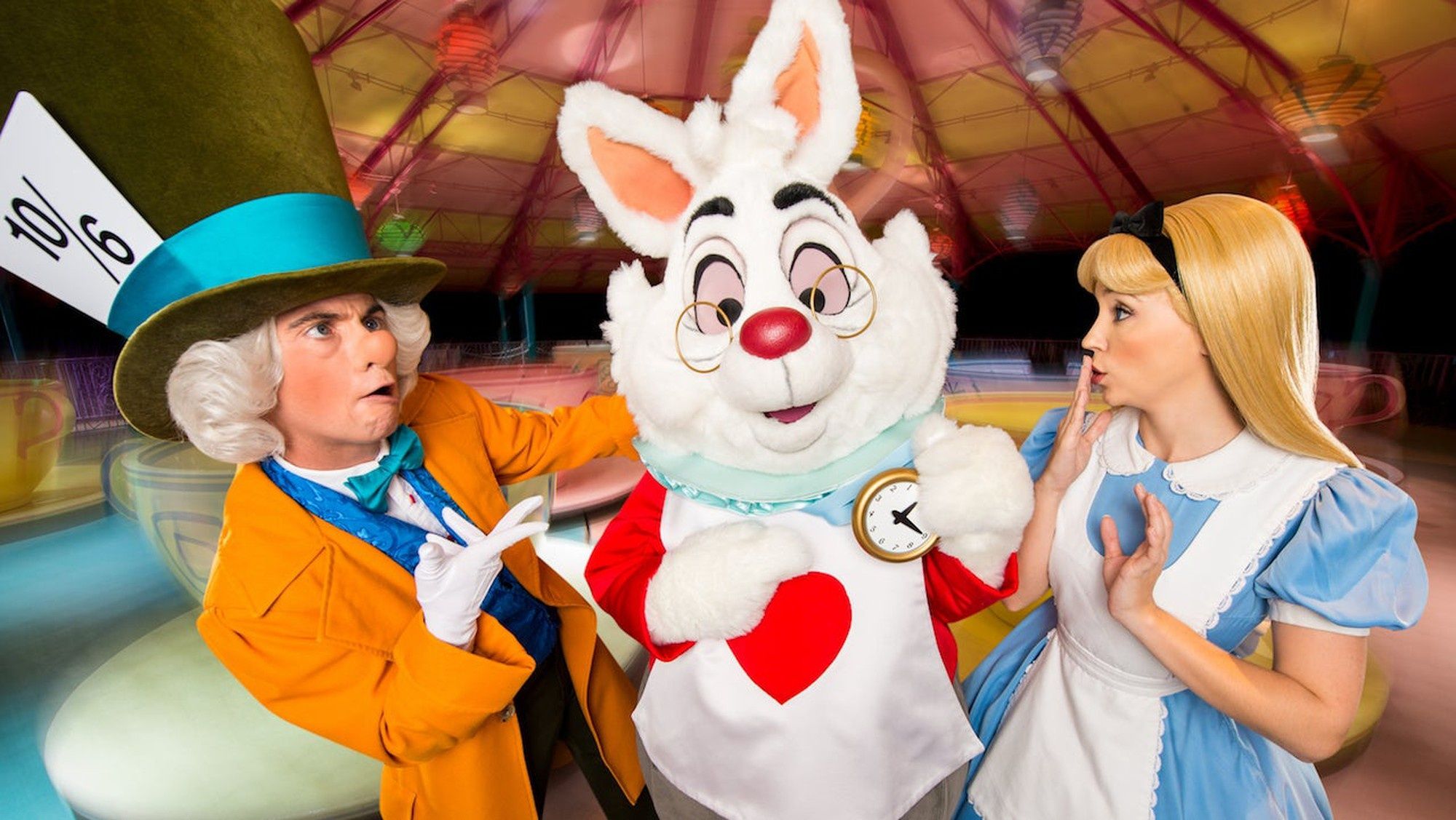
Source: Verizon
Last April, Verizon Communications (VZ 1.14%) attempted to join the skinny bundle revolution. The company's Custom TV offering gave prospective consumers 35 base channels with seven separate add-on packages of five to 10 channels apiece selected by genre: Pop culture, kids, entertainment, and sports were among the add-on categories.
Two of these additional genre-specific add-ons were included in the $65 cost with Internet service. Additional add-ons were available for a $10 monthly fee. Subscribers looking to save money on their TV package and to have increased choice and customization were understandably elated by the new offering, but another group of stakeholders were decidedly less sanguine: TV networks.
Very quickly after announcing its intentions, Verizon received pushback from The Walt Disney Co. (DIS 1.83%) regarding its ESPN host of networks. Through a spokesperson, Disney claimed Verizon could not offer ESPN in a separate sports package because of a clause in their legal contract. Soon thereafter, Disney filed a lawsuit to stop Verizon from offering Custom TV. After nearly a year, it seems both companies have made headway toward agreement and appear to be close to settling their lawsuit. While the smoke has yet to clear, it seems as if there's one clear winner and one clear loser from this prospective settlement.
All about the base
On the surface, it appears Disney had the upper hand in negotiations. Last week, Verizon changed its Custom TV offering substantially, from one base bundle of 35 channels without ESPN to a choice of two base bundles: Custom TV -- Essentials, which does not include ESPN, and Custom TV -- Sports & More, which does include the network. The genre-based add-on packages have decreased from 7 to 3: Movie Lovers Pack, Kids Teens & Family Pack, and Global Sports Pack. Quickly after Verizon's press release detailing the modifications, Disney publicly announced they were "encouraged by the changes."
When compared with the prior Custom TV 35-channel count, though, the new offerings have more channels in the standard base package. Custom TV -- Essentials offers consumers nearly 80 channels while the Custom TV -- Sports provides prospective consumers nearly 60 channels. Lost are the two standard add-on packages, but the remaining add-on packages are now priced at $6 per month versus $10. Additionally, Custom TV's cost increased from $65 to $69.99 with Internet.
Instead of being included in an add-on package, ESPN competes against one additional option for programming inclusion as a base package. The economics are understandably better for ESPN to make it into households under this new structure versus hoping users pick its networks as an add-one package. While Verizon is billing these changes on account of "customer feedback," it seems as if programmers had a hand in these changes and consumer choice was the clear loser.
Disney's concessions may be less than advertised
On the surface, it appears Disney also offered concessions as well. The most apparent is the fact Disney, presumably, would have preferred ESPN to be present on both Custom TV offerings, but settled for being on the sports package only. Because of the more-expensive nature of sports-related programming, Verizon could not include the same amount of channels in the sports package as it did in the essentials package or add sports-related programming to the Custom TV -- Essentials package.
However, it seems as if Verizon's programming options are more favorable to ESPN's bundle. Included in the Custom TV -- Sports package is ESPN, USA, TNT, Disney, and TBS, the top five primetime cable networks among total viewers, respectively. Although Custom TV -- Essentials has more channels overall, the package only has two of the top five channels, USA and Disney, which goes against the "essentials" claim the company's name depicts.
It's possible Verizon was able to secure lower affiliate fees or costs in the negotiation. Unfortunately, these figures are not released to the public. However, the lower amount of channels the sports package boasts and the increased price hints against an aggressive discount. The loser in this update is the consumer who initially looked toward Custom TV as a strong step toward a la carte cable but has instead watched it morph into another large-channel offering at the expense of consumer choice.







